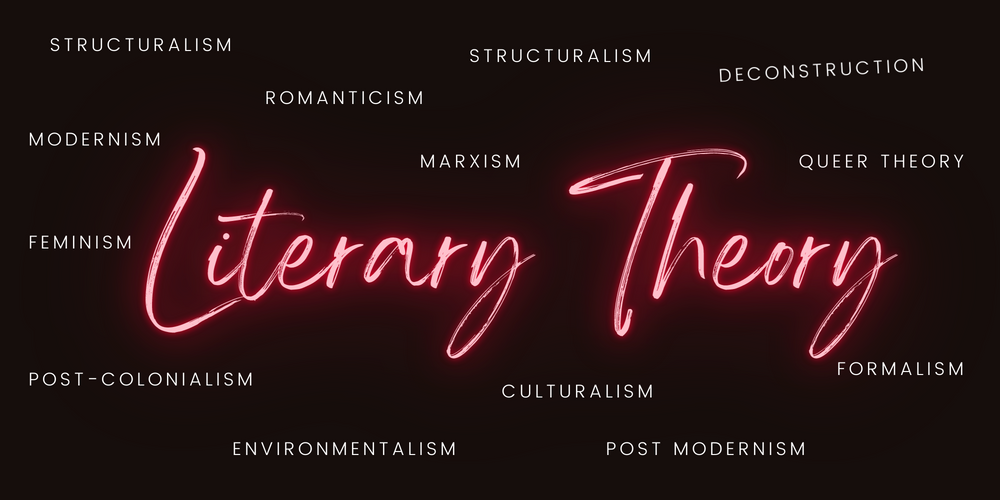Literary criticism
Literary criticism serves a crucial role in deciphering the various functions that literature fulfills on personal, societal, and universal scales. In an educational setting, the key functions of literary criticism include:
Functions of Literary Criticism
- Comprehension and Interpretation
- Analysis
- Evaluation
- Contextualization
- Meaning-Making
- Unraveling Implicit Authorial Intent
- Acknowledging Reader Response
A literary piece is evaluated based on two primary criteria:
- Epistemological and Aesthetic Dimensions
- Cultural and Global Influence of the Work
Significance and Relevance of Literature
Literature transcends mere enjoyment; it profoundly shapes individual thought and plays an essential role in transmitting cultural values. When a piece is crafted with exceptional creativity, intellectual depth, and moral intent, it earns the title of literature and is preserved for future generations. The enduring quality of literary works is largely attributed to the intricate connections between individual experiences, socio-cultural contexts, and global perspectives. In his research paper, "Literature Is Us and We Are Literature: Global and Universal Perspective," Albrecht Classen explores the significance of literature on a worldwide scale.
 |
| Literary Theory |
Critical Theory and Awareness
Epistemological Perspective
This approach to literary theory and criticism centres on the nature of knowledge, emphasizing how we acquire understanding and discern truth from falsehood. When individuals engage with literature through an epistemological lens, it influences them on a personal level.
We prioritize this aspect of literature because individuals form the foundation of society. There is hope in imparting wisdom to future generations to mitigate power struggles and exploitative tendencies that thrive on instant gratification, especially in the wake of rapid technological advancements.






No comments:
Post a Comment